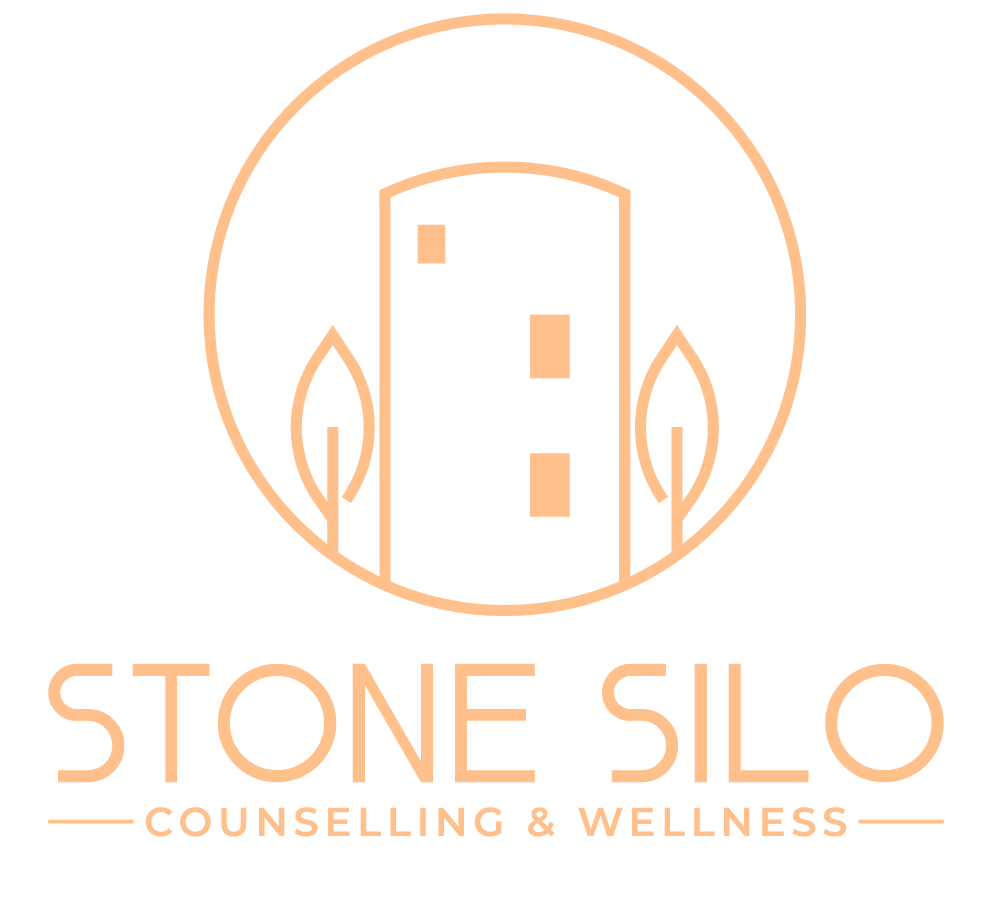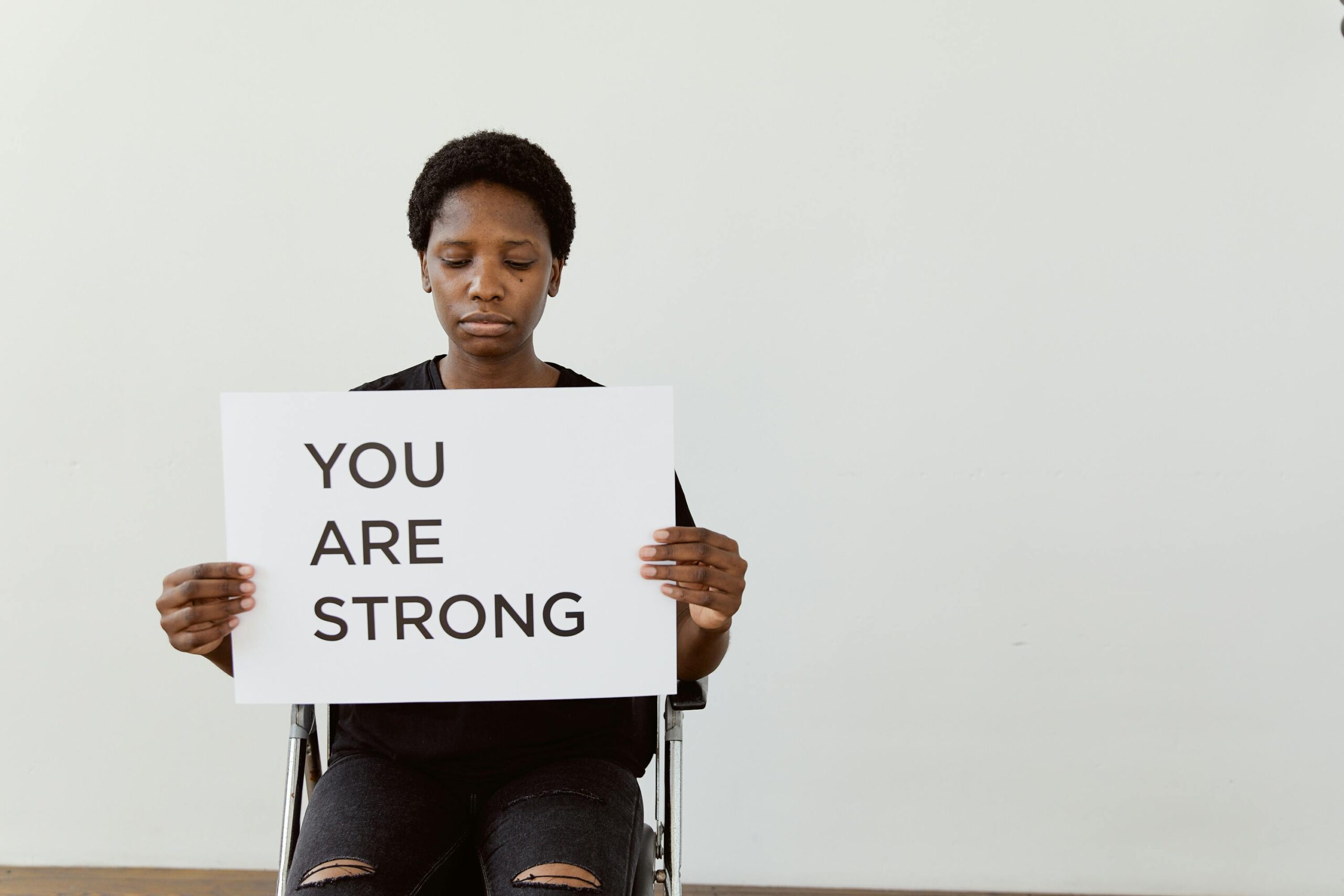Life throws curveballs. Illness, job changes, grief, unexpected loss—it’s not if challenges come, it’s when. That’s where resilience comes in.
At Stone Silo Counselling & Wellness, we see resilience not as an innate trait some people have and others don’t, but as a skillset anyone can build. And one of the tools we use to support that growth is something called Psychological First Aid.
🧩 What Is Resilience?
Resilience isn’t about being “unshakable.” It’s about being able to bend without breaking—to adapt, recover, and keep going when life gets tough.
Research shows that resilience:
- Lowers the risk of anxiety and depression
- Reduces the impact of trauma
- Increases life satisfaction and overall well-being (Southwick et al., 2014)
And the best part? Resilience can be learned.
🚑 What Is Psychological First Aid (PFA)?
You’ve probably heard of medical first aid, but what about psychological first aid?
PFA is a framework developed for supporting people in the immediate aftermath of stressful or traumatic events. Originally used by first responders and aid workers, it’s now being adapted for therapy and resilience training.
The goal? Stabilize, soothe, and support—without overwhelming or retraumatizing.
PFA focuses on:
- Ensuring safety and comfort
- Providing calm, steady emotional support
- Helping someone ground when emotions are high
- Identifying practical next steps
- Connecting people to ongoing supports (Everly & Flynn, 2006)
🌱 Why Psychological First Aid Matters Beyond Crisis
You don’t need to have survived a disaster to benefit from PFA.
The same grounding techniques, compassionate listening, and step-by-step planning can help when you’re navigating:
- Relationship breakdowns
- Career transitions
- Major life changes (moving, new parenthood, retirement)
- Burnout or chronic stress
These skills aren’t just for emergencies—they’re tools for everyday resilience.
🛠️ What Does Resilience Training Look Like?
At Stone Silo, resilience training might include:
- Grounding exercises: techniques to calm anxiety and reconnect to the present
- Coping skill-building: finding healthy ways to manage stress
- Values clarification: identifying what matters most so you can make decisions aligned with your goals
- Action planning: breaking overwhelming problems into manageable steps
This isn’t about “toughening up.” It’s about learning to bend without breaking—and having the skills to get back up when life knocks you down.
🏗️ Why Resilience Is a Lifelong Investment
Resilience training isn’t just for people in crisis—it’s like strength training for your mind.
Kids who learn resilience bounce back from setbacks with more confidence.
Adults who practice resilience have healthier relationships, lower stress, and better coping strategies.
Older adults who stay resilient adapt more easily to changes like retirement or health challenges.
It’s not about avoiding hard things. It’s about building your capacity to face them.
📍 Building Your Resilience at Stone Silo
Whether you’re struggling after a loss, feeling burned out, or simply want to handle life with more ease, our therapists can help you build a toolkit for resilience.
We draw from Psychological First Aid and other evidence-based approaches to help you:
- Manage overwhelming emotions
- Develop healthy coping strategies
- Find stability during change
Because life will always have storms, but you don’t have to weather them alone.
💛 Final Thoughts
Resilience isn’t a finish line—it’s a practice. One that can make the difference between feeling broken by life and feeling shaped by it.
If you’re ready to strengthen your inner foundation, we’re here to help you take that first step.


